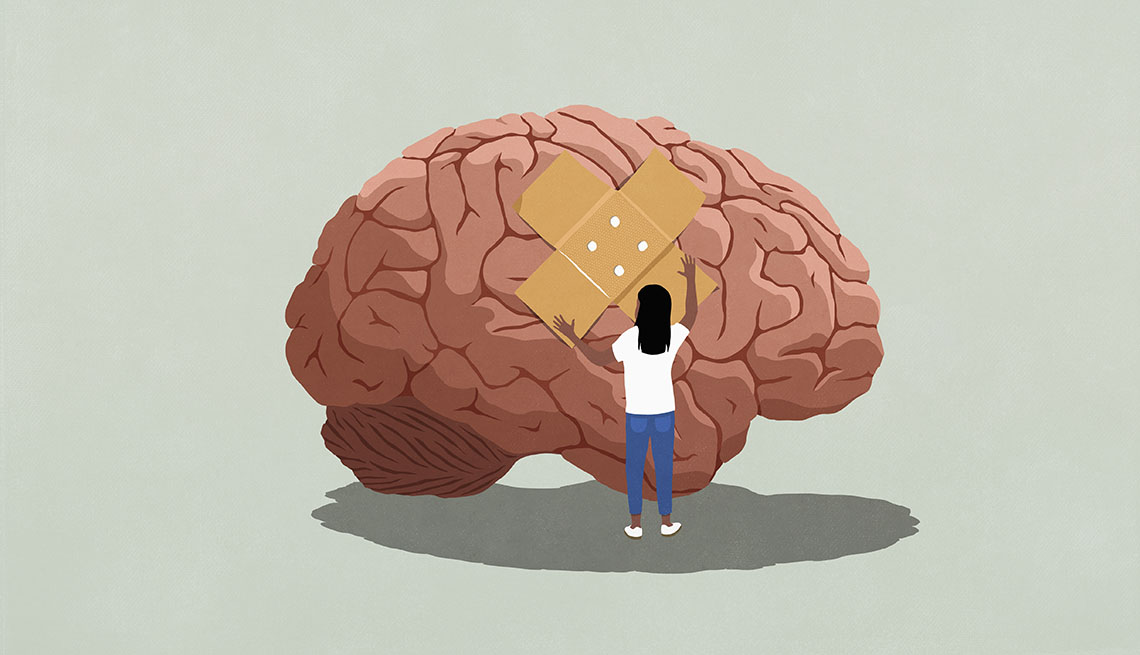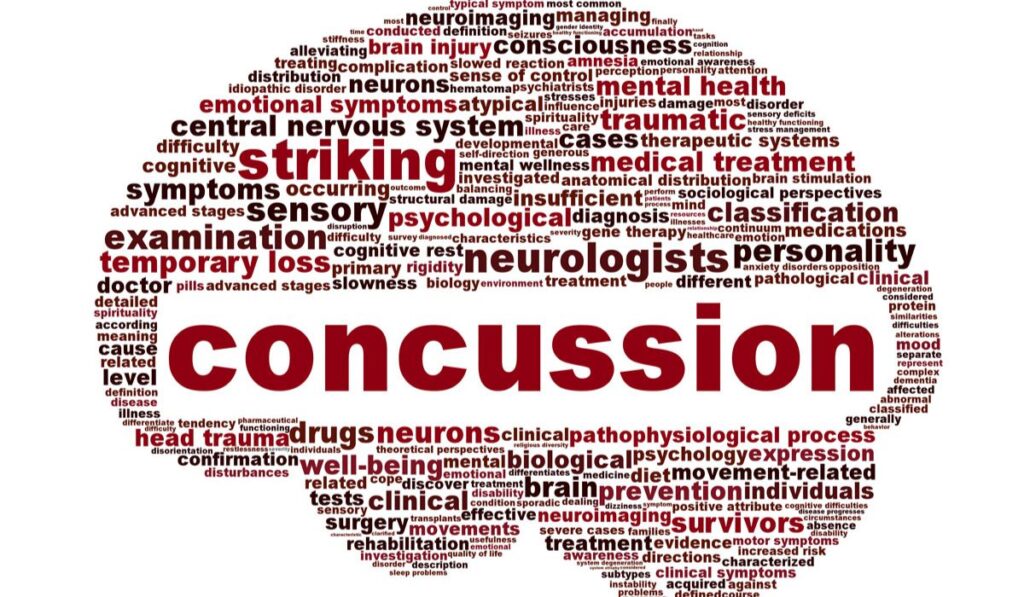Older folks are more vulnerable, and it might be simple to ignore the warning signs.

Following an incident on the royal residence Gatcombe Park estate, Princess Anne, the sister of King Charles III, suffered a concussion and minor injuries, Buckingham Palace said on June 24. According to royal authorities, she is expected to make “a full and swift recovery” while she is recovering in the hospital.
The Associated Press notes that there were horses nearby, even though the precise reason for the princess’s injuries was not established. The 73-year-old daughter of Queen Elizabeth II is well-known for her passion for horses and was a member of the British equestrian team that participated in the 1976 Olympic Games in Montreal.
Emergency personnel were dispatched to the estate, according to the AP, and the princess received on-site care before being taken to a hospital in Bristol. According to medical professionals, a concussion is an injury that has to be treated right away since prompt diagnosis and care are essential to limiting future harm.
Continue reading to find out more about concussions, their symptoms, warning signals, and preventative measures.
First off, what is a concussion?
When a bump, blow, or jolt to the head results in a concussion, it is regarded as a mild traumatic brain injury(TBI). As a result of these kinds of hits, the brain may bounce or twist inside the skull, changing the brain’s chemical composition and perhaps stretching or breaking brain cells, according to the Centers for Disease Control and Prevention (CDC).
The elderly population is particularly vulnerable to concussions. Among persons 65 years of age and older, the CDC estimates that 36 million falls are recorded annually.
Richard Figler, M.D., assistant physician at the Cleveland Clinic’s Center for Sports Medicine and director of the Concussion Center, adds, “And we know about 80 percent of head traumas occur in older adults from falls.”
The signs and symptoms of concussions are varied and not always evident.
The spectrum of symptoms associated with concussions is wide, according to Ray Chu, M.D., an associate professor of neurosurgery at Cedars-Sinai in Los Angeles. Some may suffer from headaches, while others may have cognitive or memory problems.
Chu states, “People can occasionally be sensitive to light or sound.”
Additional typical symptoms include nausea or vomiting, feeling lightheaded or unsteady, and feeling nervous or agitated. Although Chu points out that patients with a concussion are usually “a little bit dazed” shortly after the fall or collision, symptoms can appear immediately after the incident or gradually appear hours or even days later.
According to the CDC, it is not unusual for patients or medical professionals to ignore these symptoms because they can resemble those of other health issues. According to Chu, this is why it’s critical that you get checked out as soon as you or someone else observes that you are disoriented, wobbly, or speaking strangely.
Ask a well-known person to go with you to the emergency department if at all possible. “Because any kind of behavioral change may be a sign of a traumatic brain injury or stroke,” explains Figler.
In addition to checking your eyesight and hearing, your doctor will probably ask you a number of questions to see how your brain functions. To rule out any issues, you could also require brain imaging tests, most likely a CT scan.
A TBI can cause lingering symptoms
Research conducted by AARP found that those who experience a TBI are likely to have the following lingering symptoms:
- Memory problems (61 percent)
- Trouble concentrating (53 percent)
- Sleep issues (42 percent)
- Headaches (35 percent)
- Nausea (7 percent)
Complications are more likely to arise in older persons.
According to Figler, age-related changes in the brain increase the chance of bleeding in the gap between the skull and the brain tissue in older persons who have had a concussion.
The use of blood thinners, a frequent class of medication among the elderly population, increases the risk. It’s critical that you inform your doctor about all of your medications, including over-the-counter antiplatelet medications like aspirin, if you’re being assessed for a fall.
Furthermore, don’t be shocked if your doctor admits you for observation overnight because bleeding can be gradual and, as Figler notes, “accumulate over the course of time.” He continues, “The most important thing is to make sure that people are being monitored afterward, as the biggest risk is missing that [bleeding] and someone possibly dying from an intracranial bleed.”
The secret to healing is rest.
The good news is that most concussion sufferers recover fully and swiftly, while older persons may experience a delayed recovery. This is according to the CDC. The initial days of recovery usually entail a lot of rest, both mentally and physically. You can then gradually resume your regular activities as your symptoms become better.
If you take another head injury, not allowing your brain adequate time to heal could put you at risk for more severe injuries down the road. “There are times when a second injury becomes more life-threatening when your brain is already in a state where there is a mild injury and it is healing,” Chu explains.
It is possible to lower your risk of brain damage.
Prevention is one message that medical professionals and public health advocates like to emphasize. Chu recommends wearing a helmet whenever bicycling or skiing. Additionally, remember to buckle up in the vehicle.
Particularly older persons can lower their chance of falling and consequently their risk of suffering a concussion by adopting a few extra precautions. First and foremost, get moving! Make sure to concentrate on activities that will help you gain strength and balance.
“We believe that one of the most important things that can help lower the risk of falls is exercise,” adds Figler. Plus, I can’t emphasize balance enough. Balance plays a major role because it is both a neurological and a muscular function that keeps us standing. We run a much higher danger of falling when we lose our balance, for whatever reason.
Every year, ask your doctor to examine your feet and eyes. Make sure to get your list of drugs examined while you’re there. Certain drugs, or combinations of them, may cause drowsiness or vertigo, which increases your chance of falling. According to Figler, “there are usually other medications we can potentially try that might make a difference.”
As falls can result from dehydration, make sure you’re drinking enough water. Lastly, assess your house for any trip hazards and remove them. The CDC advises removing small throw rugs from high-traffic locations (particularly stairwells) and taping them down with double-sided tape to prevent them from shifting. Replace the weak lighting with brighter bulbs and place non-slip mats in the bathtub.

